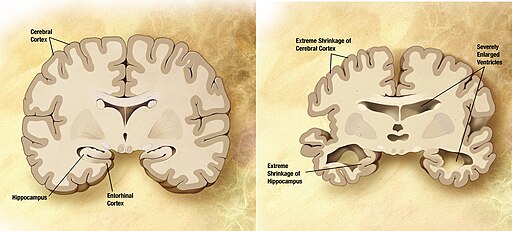Healthy Habits to Maintain Sobriety and Truly Live in Recovery from MTHFR and Alcohol.
Article by Michelle Peterson at recoverypride.org, in honor of April – Alcohol Awareness Month
Making the decision to get clean and sober is only the first step to a healthier life. Once you are in recovery for addiction, you may find that you still lack energy or emotional balance, or the original issue that you were self-medicating is still present. The reality is that it takes more than quitting substances to feel your best. Replacing the unhealthy habits of substance abuse with new healthy habits will not only help you get back to your true self, but it also helps maintain sobriety. If you, like many others seeking recovery, have an MTHFR mutation, then addressing this issue will help in your overall progress. After all, MTHFR and alcohol are linked.
Set a Fitness Goal
It’s no secret that regular exercise is essential for good health, and for someone in recovery, it is one of the absolute best ways to get stronger, both physically and mentally. Addiction takes a toll on your body, which can lead to poor health and a general lack of energy. Simply being active on a regular basis counteracts these feelings, builds strength, and can even reverse poor health. Start out slow, and for the best success in making exercise a habit that sticks, try different activities to find something you really enjoy.

Exercise, especially exercise involving the great outdoors, can help boost health in MTHFR and alcohol abuse or recovery. Thanks for the lovely picture by Hoang Nguyen Xuan from Pexels
Getting in the habit of regular exercise packs a one-two punch in helping contribute to recovery. Along with the physical effects you see and feel, being active also improves your mental health, and mental health is key in both MTHFR and alcohol issues. Managing emotions is crucial for maintaining sobriety, and exercise has been shown to increase the feel-good chemicals in your brain and give you an amazing boost in self-confidence. Look to other inspiring people who have found exercise to help in recovery, such as this Ironman athlete, who was featured by CNN. You don’t have to do an Ironman race, but set a goal to work toward, which will help keep you on track and give you a sense of accomplishment.
Fuel Your Body and Mind
Having a balanced, healthy diet helps you feel better both physically and mentally throughout recovery. It’s common for those in recovery to have nutritional deficiencies, so focus your diet on eating plenty of foods packed with nutrients you need. A good general rule is to eat the rainbow, which means eating plenty of fruits and vegetables of all colors in order to get a full variety of nutrients. While good nutrition makes you stronger and boosts energy, Harvard Health Publishing explains how a diet high in unhealthy fats and sugar can impair brain function and make symptoms of anxiety and depression worse. One of your primary goals in recovery should be to manage stressors and overall mental health to avoid relapse, so the emotional effects of a poor diet are the opposite of what you need.
Manage Your MTHFR
Not only does MTHFR mutation increase the likelihood of alcohol overconsumption, it also makes the nutritional impact of alcohol worse. Alcohol is known to deplete several B vitamins in the body including folate (this is us, MTHFR folks), thiamine, Riboflavin, B6, B12 and vitamins A, E, D and K. In addition to a healthy diet with a rainbow of colors, it is a good idea to supplement B vitamins and methylfolate to bring those levels up to par. This is doubly important if you have a known or suspected MTHFR mutation. Because MTHFR mutations often affect neurotransmitter levels, it is important to start supplementing methylfolate the right way, because taking too much can cause negative symptoms.
Discover a Passion
Exercise and nutrition are the foundations for a healthy body and mind, but you need more in your life to truly thrive. Now is the perfect time to start a new hobby or rediscover a passion from your past. When you’re no longer being controlled by substances, your mind is freed up to discover creativity. Learning a new skill and throwing yourself into a creative endeavor can be incredibly rewarding in recovery. You may enjoy making something with your hands, such as knitting, pottery, or woodworking. This type of hobby adds value to life and can also be a strategy for coping with stressors and triggers.
You may want to find a hobby that involves getting outdoors. This can be anything from taking regular walks in your neighborhood, perhaps with a friend, to outdoor adventures like hiking, mountain biking, or kayaking. Being outdoors, especially if you’re doing something active, is a habit that benefits your health in multiple ways. The vitamin D from the sun is great for your mood, and connecting with nature is grounding.
Finding a new hobby and making that part of your daily life is like icing on the cake when it comes to new healthy habits. When you’re in the throes of substance abuse, caring for yourself is the last thing on your mind, and it’s easy to get away from doing things you really love. Staying committed to recovery requires caring for your physical and mental well-being, and starting these healthy habits helps you accomplish that goal while giving life meaning.


